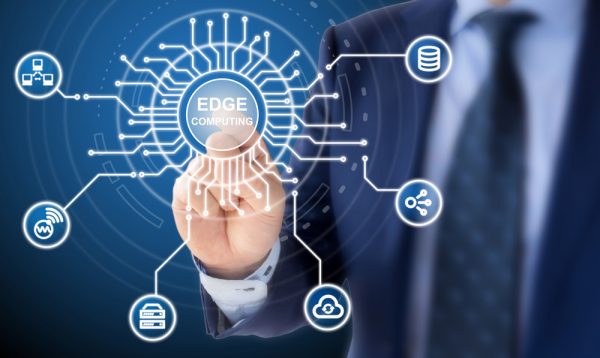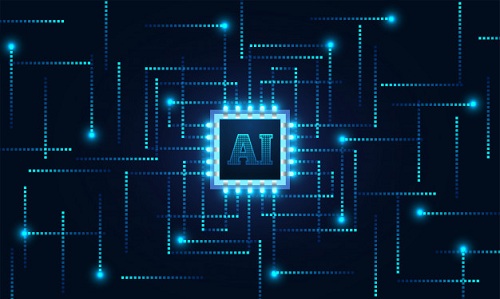The Emerging Role of AI in Edge Computing
Internet of Things (IoT) has taken businesses today by storm and has become one of the centric strategies for businesses to emerge as the leaders in the market. Most of the businesses have laid enhanced importance towards IoT implementations into the business models for achieving enhanced levels of customer service. Harnessing the power of IoT, business models have witnessed a paradigm shift in their operations. With IoT, the analysis and processing remained limited to the central authority, however, with the advent of AI in edge computing, the analysis and processing power has been transferred to the edge devices.
Increasing penetration of machine learning and advancements in the Artificial Intelligence technologies is anticipated to be one of the major factors driving the AI edge computing market. Higher cost of implementations coupled with weak infrastructures for AI, hinders the adoptions of this technology further posing a challenge to the growth of AI edge computing market. Encouraging advancements in the sensor technology coupled with significant investments by Governments for the development of IoT to provide new opportunities to the players operating in the AI Edge Computing market.
A rapidly emerging force, artificial intelligence (AI), is taking computing at the edge to a whole new level, in which insights and analysis are provided on the spot, in real-time. With the IoT now front and center of business and technology strategies, the ability to analyze data streaming through edge computing devices and systems means a significant.
Get sample PDF copy at: https://www.theinsightpartners.com/sample/TIPRE00003106/
The Edge, AI, and Blockchain
As for the future, MacGillivray expects there will be convergence between IoT and other technologies, including blockchain and artificial intelligence (AI). She also sees a greater reliance on edge computing with the cloud used for just the most sophisticated analytics. “Computing at the edge enables the distribution of computing across the network. It’s dependent on use cases.
What is edge computing trends most important
The report from The Insight Partners Knowledge Services talks
about the following areas where key applications for edge computing will be
found.
Transportation
Example: Automotive Vehicles
Healthcare
Example: Remote Patient Monitoring
Manufacturing
Example: Predictive Maintenance
Agriculture & Smart Farms
Example: Monitoring
Remote Sites and Livestock
Energy & Grid Control
Example: Safety
Monitoring with Oil and Gas Utilities
Many have put a lot of faith in
LPWAN (Low Power Wide Area Networks) for IoT applications. Using
LPWAN’s will
make it easier and cheaper to connect IoT devices to the cloud and central
computing power.
But relying on LPWAN and cloud computing only, will not be
enough for many applications, due to the fact that these networks are slow and
offers limited bandwidth. Edge computing will be required in many cases.
The key players influencing the market are Cisco Systems, Inc., Huawei Technologies Co. Ltd., Nokia Networks, Hewlett Packard Enterprise, and FogHorn Systems. Also, IBM Corporation, Saguna Networks Ltd., ClearBlade, Inc., Vapor IO, and Rigado, LLC are a few other important players in the AI edge computing market.



Comments
Post a Comment